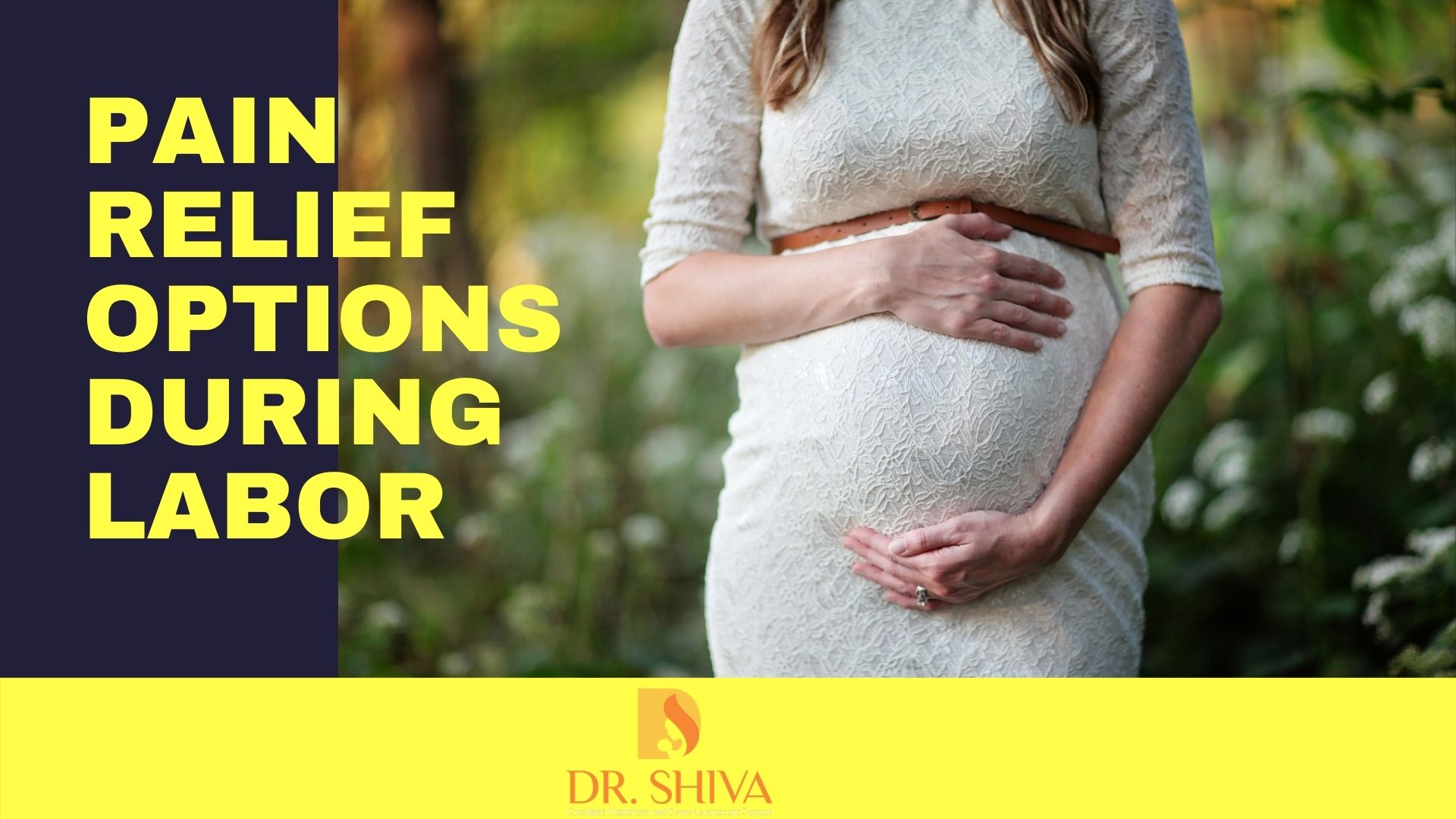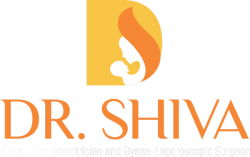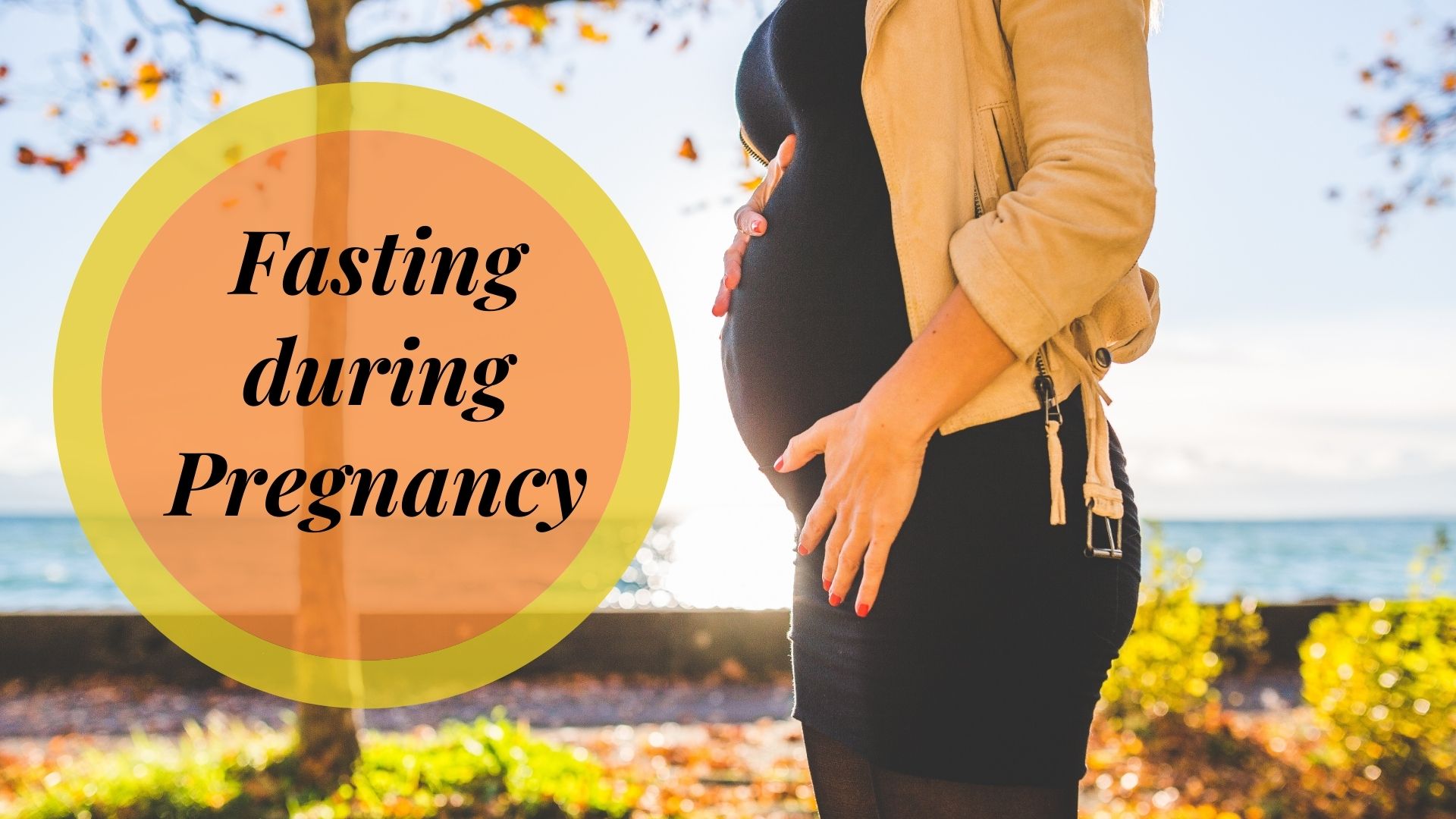
Childbirth is usually quite painful. When your due date is nearing it is wise to be informed about the various pain relief options available. It is not necessary that you have to choose one of them if you plan to go through the process without any medications, as it is solely your decision. But during labor, if you feel that the pain has become overwhelming, and need some medication to help reduce the intensity of the pain you may ask your doctor or nurse for the option that you feel may be suitable for you.
There are a range of options available that provide relief to different extents.
Medical options for pain relief during labor or childbirth:
Nitrous Oxide
Also known as the laughing gas, is inhaled via the face mask. One will have to inhale the gas as the contractions begin. It does not provide full relief from the pain but can help reduce the intensity of the pain the woman goes through for each contraction.
The best thing about this is that the woman who is going through the labour process can use and control it. When the contraction begins you need to take a deep breath and will take around 20 seconds to experience its effect.
It does not have any side effects on the baby but some may experience nausea. Some do not experience any pain relief when using nitrous oxide.
Pethidine
It is a pain reliever. It is injected into the body via a vein or into a muscle like the thigh or buttock. The effect may last for 2 to 4 hours. But in some cases, there may be a lack of relief. Some may experience nausea. If the pethidine injection was taken close to the delivery time the drug may have an effect on the baby. In such cases, they will give another injection which will reverse the effect. It may also affect the suckling for the first feed for baby.
Epidural
It is the most effective of all options used. The anesthesia is injected into the spine. It is used for both vaginal and c sec. It may take around 15 minutes to feel its effect. Once it comes into effect you will experience your whole lower body feel numb. Your baby will in no way be affected by the use of epidural. The only issue seen in some women is that they may have trouble pushing the baby for vaginal delivery.
Using epidural may affect your blood pressure and it needs to be constantly monitored along with the baby’s heart beat too. A urinary catheter will be inserted as you may not be able to tell when you need to urinate.
Due to the absence of pain, you may not be able to push effectively, due to which the baby may have to be delivered with the help of vacuum or forceps. Some may experience itchiness from the use of epidural.
Another option is a combined spinal epidural where you continue to feel your lower body and can move them a bit. But if you still feel the labor pain and it becomes unbearable more of it will be injected via the catheter.
Non-medical options:
- Breathing techniques.
- Hot or cold packs, massage or warm shower.
- Listening to music for a calming effect or distraction.
- Immersing your body in water.
- TENS -Transcutaneous electrical nerve stimulation – A device used to stimulate the nerves in the lower back. It can be controlled by our hands. There are no side effects to the mother or baby.
All these options may not give complete pain relief during labor but can help to lower the intensity of the pain. Some of these do have side effects like nausea, dizziness, not being able to move due to numbness, etc.
Labor pain varies for every person and is highly unpredictable. You may have planned to go through it without any medication but if at any point you feel you are not able to handle it or need any form of support or help there is nothing wrong in asking for it. It is always best to know about the options available, the pros and cons of each and then proceed with the delivery so you will be prepared.






Recent Comments